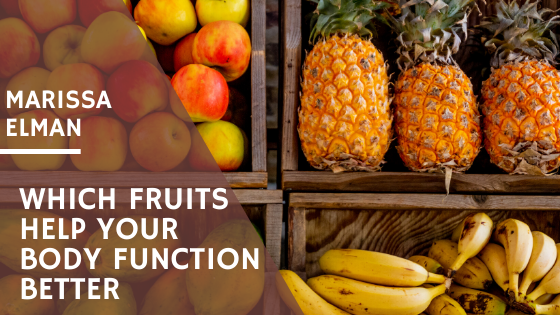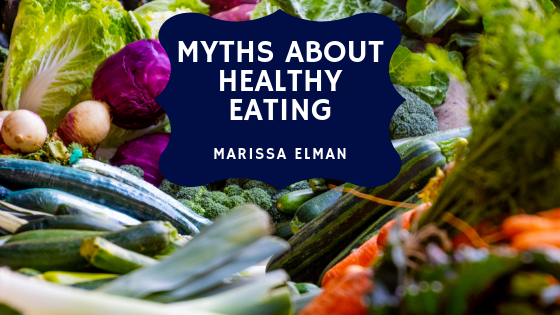Which Fruits Help Your Body Function Better?
We all know that fruits are good for us. Fruits provide the necessary energy and nutrients that our bodies need to function. We know we need a good balance of fruits in our diets, but which fruits are beneficial for which of our body organs and systems? We would all like to eat with more purpose, right? Check out some specific fruit tidbits below.
Apples
“An apple a day keeps the doctor away” is more than a catchy rhyme! Research tells us that apples are among the healthiest fruits we can eat. Apples are packed with fiber, potassium, and vitamins C and K. Their antioxidants facilitate healthy heart function and reduce the risk of some types of cancers and type 2 diabetes.
Grapes
Grapes are a marvelous source of fiber and potassium; their antioxidants help lower blood sugar and prevent certain cancers and heart disease. Red-skinned grapes specifically contain a higher amount of the previously mentioned nutrients.
Pineapple
If you enjoy a tropical treat, look no further than the pineapple. Loaded with vitamin C and manganese (a mineral necessary for proper body and brain functionality), pineapple also contains bromelain, which is high in antioxidants and anti-inflammatory properties.
Some people subscribe to the idea that the shape of the fruit is essential. Specifically, if the fruit itself resembles the form of a body organ, then the fruit is beneficial for that organ (or body system). This type of thinking dates back to the era of Socrates and Plato, but there is actually some scientific backing to it. A couple of top examples are:
Grapefruits
When sliced in half, grapefruits resemble the human breast, and the fruit itself is especially useful in helping prevent and combat certain types of breast cancers. It’s also helpful to know that citrus fruits, in general, are beneficial for us due to the high vitamin C content, the antioxidants and the plant compounds that can help facilitate weight loss.
Tomatoes
Cut open a fresh tomato, and you will see a small, pale heart created from the tomato’s pulp and seed formation. The familiar formation is more than a coincidence; tomatoes are also a heart-healthy fruit! The lycopene inside tomatoes leads to a reduced rate of heart disease in both men and women.
Bananas
Hold a banana in front of your face, and you’ll have a big yellow smile. That’s because bananas contain tryptophan, which, once converted to serotonin inside your body, produces happy and peaceful thoughts.
Fruits are an essential part of our daily diet and our health! Try mixing in a balance of the previously mentioned fruits to live a healthier, happier lifestyle.



